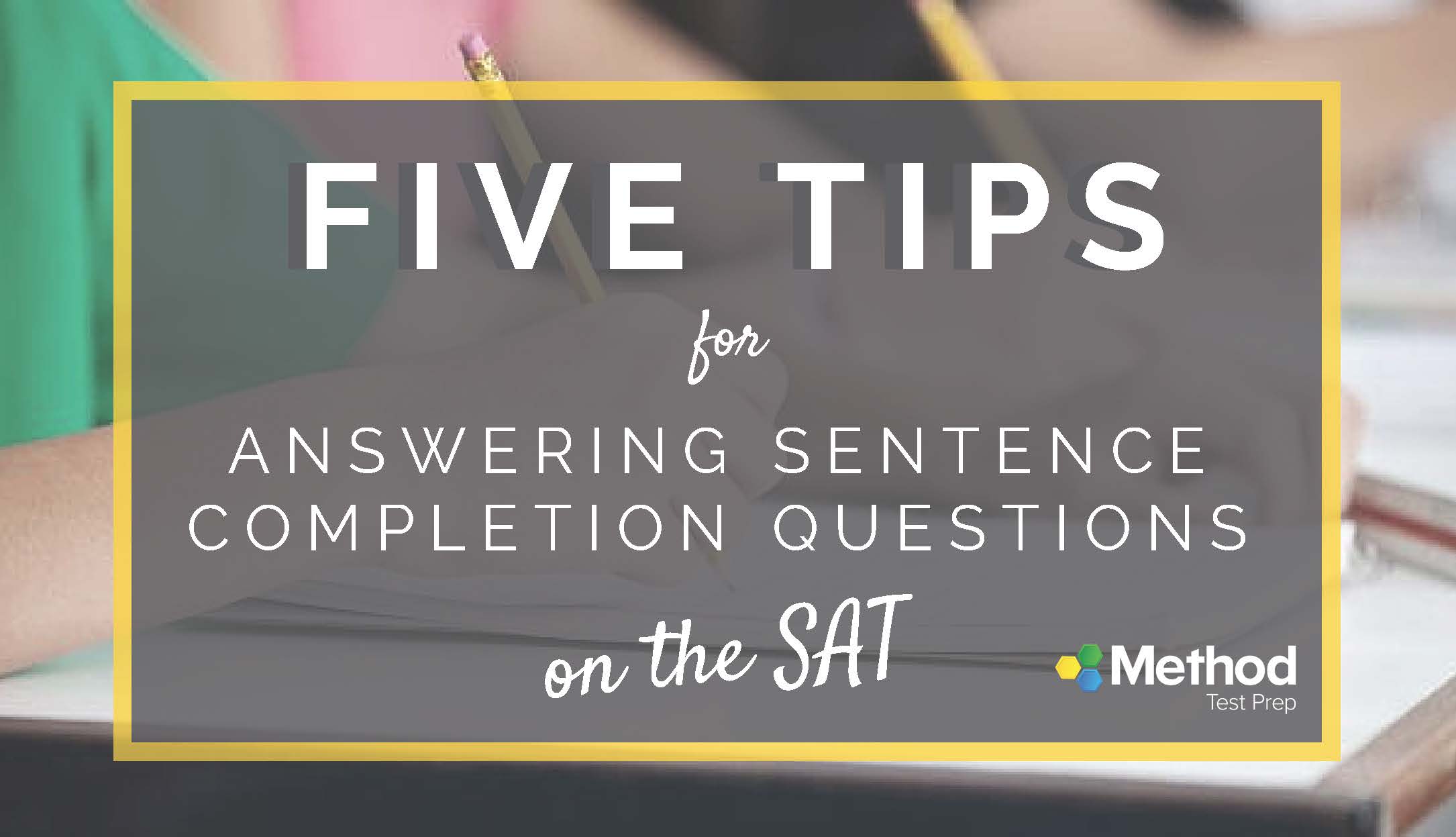Read Your Way to a Better Score!

Almost any standardized test you take, be it the SAT, the ACT, or beyond, has a section on reading comprehension. However, it would be a mistake to assume that reading only plays a part in certain sections. Reading is in fact relevant on all areas of standardized tests. Let’s take a look at how that’s the case with the ACT and SAT, and then discuss how you can improve your reading comprehension abilities for both the tests and life.
Reading on the ACT and SAT
Outside of their designated reading comprehension sections, both the ACT and SAT still rely heavily on reading skills. Perhaps the most obvious example of this is on the grammar-based section of the exams (the English section on the ACT and the Writing and Language section on the SAT) where questions often ask about things such as sentence structure, vocabulary, and rhetoric — all of which would likely be familiar to stronger readers. However, many students are surprised to find that improving their reading skills often leads to higher scores on the math and science sections as well.
When I work with a student on the SAT, one of the first tips I tell them is that the Math portion of the SAT is half reading comprehension. Don’t believe me? Go page through a section; you’ll soon notice that many of the questions are lengthy word problems. Reading comprehension comes into play in two ways with these questions.
- You need to rely on your reading comprehension skills to understand the question, keying in on what it’s requesting of you.
- You need to also use your reading abilities to figure out which information is most relevant, so you do not get bogged down with extraneous information.
In fact, you’ll notice a lot of word problems are written out as narratives, telling you about how much money one person made and how they invested it, then comparing that to another person's investment. Or, you may get a story about a car trip and be asked to determine how much gas the driver will need based on given details about their journey. The SAT does this because it wants to test your problem-solving skills cohesively. In order to answer questions like these, you must 1) use your reading comprehension skills to understand the narrative and identify the problem, 2) combine that with your mathematical reasoning to translate the problem from words into a mathematical model, and 3) use your math skills to correctly solve for the model.
The ACT does this with some of its math problems as well, but it also incorporates reading skills into its Science section. Here, reading comprehension comes into play with most passages, as it’s important to correctly identify which information is most relevant for particular questions; however, it is especially important for one particular passage. While many passages require looking at charts and graphs, there is always one science passage that will be all text: the conflicting viewpoints passage. In this passage you have to identify two key aspects:
- What the overall scientific idea up for debate is
- How the perspectives disagree with one another
I often tell my students that this science passage is basically a fifth reading passage, and they will need to use many of those same skills.
How to Improve Reading Comprehension
I spend many sessions with students assisting them with reading comprehension on the ACT and SAT, teaching them how to find an author’s purpose, an author’s potential bias, and more. We talk about how to zero in on the important areas of a passage (intros, conclusions, and topic statements!) while not getting bogged down in minutia. But these are all strategies to conquer the tests for students who don’t fully trust their reading comprehension skills. However, if you have some time before taking a test, it may be better to try and improve your reading comprehension in general. You’re going to need it well beyond college admissions tests!
You’ve probably heard the best way to improve your reading is to read. This is true! Yet, it’s a little too general to do you much good. What do you read? The Brothers Karamzov? ESPN articles? Laptop instructions?
Many of my students tell me they don’t like to read. I find this is not really true. We read all the time. We read text messages, Instagram descriptions, tweets, and more. What my students really mean is they are not engaged by what they are given to read. So, if you are such a student, then increasing your reading comprehension skills means finding out what will engage you and reading that.
Let’s say, like me, you like Yankees baseball. Reading an article/analysis of the most recent Yankees game absolutely counts as a worthwhile reading experience. A sports article still contains the same structural style as many of the essays on standardized tests and even ones you’ll read in school. Not to mention, there are player names you have to keep track of, chronological events to keep in order, and past information to rely on. These are skills you’ll end up using on standardized tests. You don’t have to read Frankenstein in order to improve your reading skills (although you should — it’s a great book!).
What I tell students who work with me on improving reading comprehension is to keep a consistent reading schedule. This does not mean you have to read three hours a day. Perhaps you read one or two articles a day (making sure they’re on topics you find intriguing) or perhaps you read three short stories each week in a genre you like (go snatch a horror anthology if you are a horror movie fan, for instance). This makes the process both more enjoyable and less insurmountable.
There’s no way around it: reading skills are an integral part of standardized tests. Every section of standardized tests. Yet, it doesn’t stop there. There’s no college major that won’t require reading skills. Frankly, there are few jobs that don’t require reading skills. So, not just for the sake of your admissions, it’s worth it to work on improving reading comprehension. The payoff will be the rest of your life.



